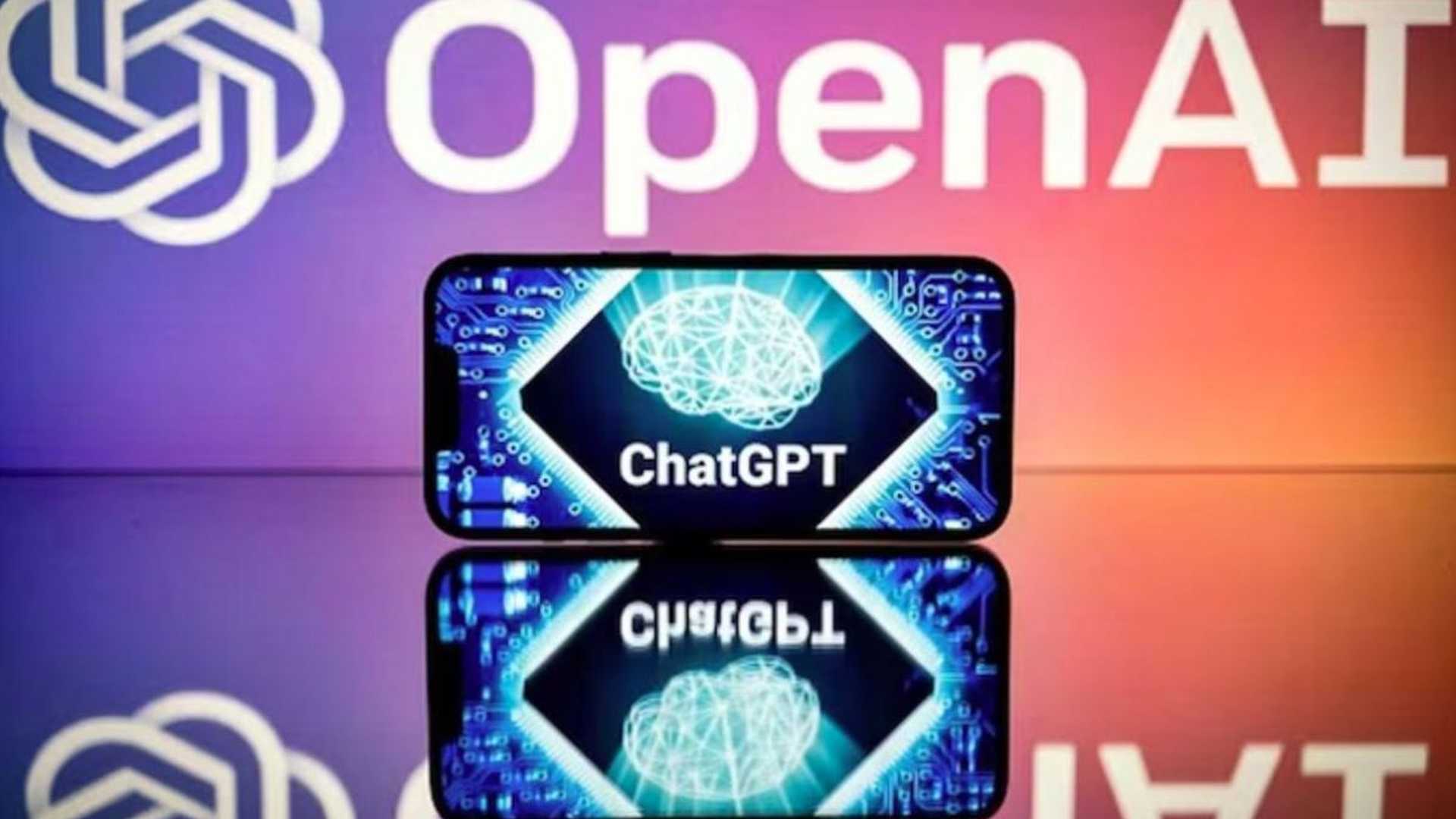Man Arrested in China for Spreading False News of Train Crash Using ChatGPT
A man, known by the surname Hong, was recently arrested in Gansu province, China, for spreading fake news about a train crash using ChatGPT. This marks the first arrest in China for misusing ChatGPT, an artificial intelligence technology.
The incident was brought to the attention of cyber security officers in Kongtong county when they discovered a false article that claimed nine people had died in a train accident. The article was spread across the Chinese platform Baijiahao by more than 20 different accounts, with the story being clicked over 15,000 times before authorities were alerted.
The police traced the origins of the article back to a company owned by the suspect, Hong. Upon searching Hong's home and computer, they found evidence confirming his involvement. Hong admitted to circumventing Baijiahao's duplication check function and posting the fake story to multiple accounts. He used ChatGPT to produce several different versions of the same fake story by incorporating elements of trending social stories from past years.
China is known for closely monitoring its social media platforms to prevent any critical content against the ruling Communist Party of China. The country's top internet regulator is concerned about the increasing use of deep synthesis technology, like ChatGPT, that could lead to criminal activities such as online scams or defamation.
Beijing police have previously warned the public to be cautious of rumors generated by ChatGPT. The suspect, Hong, is being accused of "picking quarrels and provoking trouble", which carries a maximum sentence of five years in jail. However, offenders could face up to ten years in jail and additional penalties if the offense is deemed severe.
This marks the first incident made public after Beijing's initial provisions to regulate the use of deepfake technology officially took effect earlier this year.




















